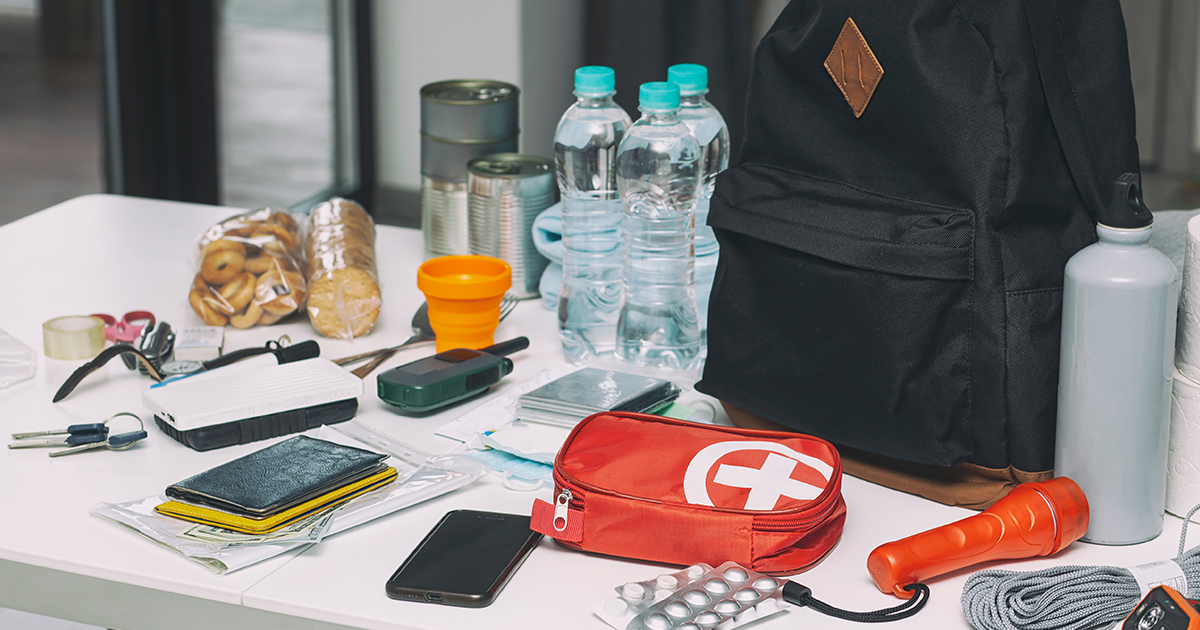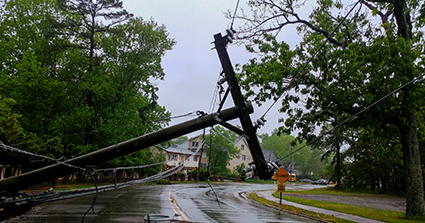
Home Safety Video: Prep for a Power Outage
September 2025We've put together some thoughtful tips to help you prepare for a big weather obstacle: power outages. Watch the video to learn more.

A power outage can happen at any time. Fall and winter bring windstorms and inclement weather, where high winds, ice, and snow can cause more frequent outages. However, summer heat and wildfires also pose a similar risk of outages and local service issues. Plus, as wildfire season lasts longer, there’s a greater chance of experiencing public safety power shutoffs (PSPS).

Prepare Your Home for a Power Outage
Watch our Prep for a Power Outage video for more details about getting your home ready for an outage and building a home emergency kit.
What to Do During a Power Outage

Stay Safe After a Power Outage
Mother Nature can be so unpredictable. But if you’re prepared, you won’t feel powerless when the power goes out. Whether it’s an outage from weather, local service issues, or a public safety power shutoff due to wildfires, you want to be ready.
Learn more about creating a home emergency kit

We've put together some thoughtful tips to help you prepare for a big weather obstacle: power outages. Watch the video to learn more.


Service line coverage protects the underground utility lines on your property. Here's everything you need to know.